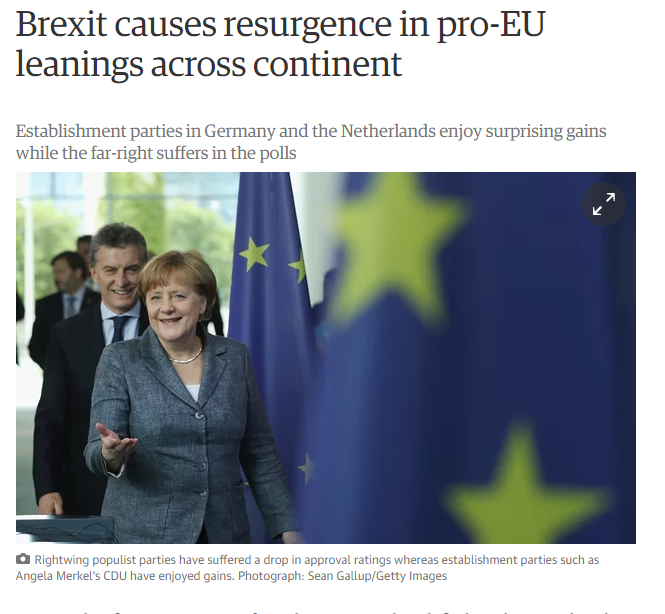It looks like Simon Busuttil is right and Joseph Muscat hopelessly wrong
Prime Minister Muscat peppered his days after the UK referendum with sarcastic references to Opposition leader Busuttil being out of touch, and a member of the political elite and the establishment (and he, the prime minister, is apparently not a member of the political elite or the establishment).
Busuttil has his finger off the pulse, Muscat said, and is impervious to the rise of anti-EU feeling in Europe as ordinary people feel pushed aside by Brussels.
Like all bad opportunists who act in the moment with little insight or foresight, and who then end up painting themselves into a corner because they have incorrectly predicted consequences or given them no thought at all, Muscat took it for granted that the UK vote would be contagious and immediately jumped on that particular bandwagon with Eurosceptic remarks and insults directed at his opposite number.
But Busuttil turned out to be right in saying that the UK mess would serve pour encourager les autres – he didn’t use the expression, but it’s a useful one in summing up the situation. And it’s Muscat who has turned out, not for the first time, to be hopelessly wrong about the European Union and people’s sentiments towards it. Perhaps his unbridled and barely contained fascination with David Cameron overcame his better judgement.
Aghast at what has happened in the United Kingdom, electors in the European Union are moving to back establishment parties and reject the far-right political groupings, The Guardian reports.
Immediately after the Brexit referendum, there were fears that the Netherlands would go down the same route. Instead, support for Geert Wilders and his Freedom Party has fallen to its lowest level since last autumn. He would still win 30 out of the 150 seats in the Dutch parliament if a general election were held today, though.
In a Gallup poll on 5-6 July, 52% of Austrians said they would choose to stay in the EU if given a vote, while only 30% would vote to leave. In a similar poll a week earlier, 51% had said they would vote in favour of remaining in the EU and 49% in favour of leaving.
Austria’s anti-immigration presidential candidate, Norbert Hofer, has now also gone back on his talk of holding a similar referendum in that country, telling a leading Austrian newspaper last Friday that he is “not in favour of an Austrian exit from the European Union”.
In Denmark, support for EU membership has risen to 69%, up from 59.8% in a poll held before the British referendum.
In Finland, a survey carried out between 28 and 29 June shows that 68% of Finns would vote to stay in the European Union. Before the British referendum, the figure was 56%.
France remains an exception, with the far-right, anti-EU and anti-immigration Front National led by Marine Le Pen remaining stable in the polls. Le Pen is expected to get through to the final round of the presidential race in the spring, but is not expected to become president.
In Italy, support for the Lega Nord, which has called for an ‘exit’ referendum, has slipped only marginally, by 0.7%. Support for the anti-establishment Five Star Movement, the cultural descendant of Italy’s communist party of the 1970s and 1980s (Italy was the only European country outside the Iron Curtain which had a strong Communist party, largely because it was favoured by establishment figures masquerading at being anti-establishment, but with no intention of giving up their privileges and their bourgeois lifestyle) has remained strong and stable. The Five Star Movement has not spoken about a referendum on leaving the European Union, but it has said that Italy should have a non-binding referendum on the staying in the Eurozone.
Italians are having none of this talk about leaving the European Union, though. A survey carried out after the Brexit vote found that 66% of them would vote to remain in the EU, with just 26% opting to leave and 8% undecided.

